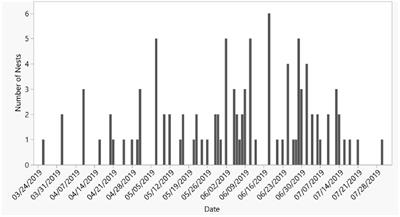ORIGINAL RESEARCH
Published on 14 Dec 2022
Nest-site choice by loggerhead sea turtles as a risk-management adaptation to offset hatching failure by unpredictable storms and predators

doi 10.3389/fevo.2022.850091
- 1,052 views
9,635
Total downloads
72k
Total views and downloads
You will be redirected to our submission process.
ORIGINAL RESEARCH
Published on 14 Dec 2022

EDITORIAL
Published on 06 Dec 2022
ORIGINAL RESEARCH
Published on 20 Jun 2022

ORIGINAL RESEARCH
Published on 13 Jun 2022
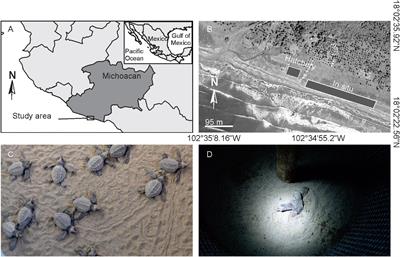
ORIGINAL RESEARCH
Published on 08 Jun 2022
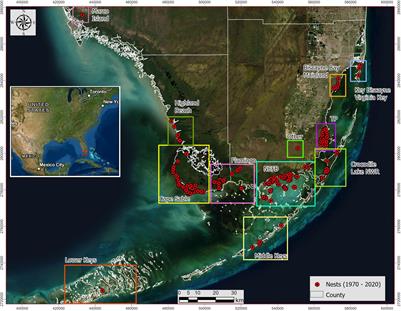
REVIEW
Published on 19 May 2022
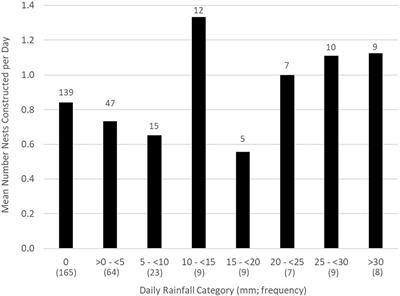
REVIEW
Published on 09 May 2022
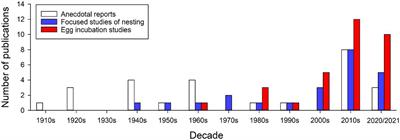
ORIGINAL RESEARCH
Published on 18 Apr 2022
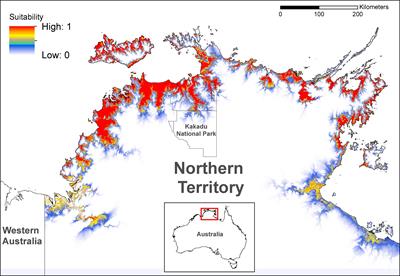
ORIGINAL RESEARCH
Published on 05 Apr 2022
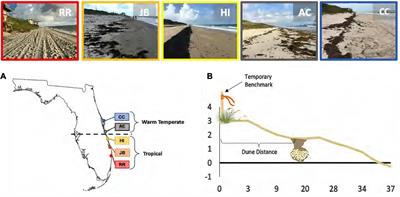
ORIGINAL RESEARCH
Published on 25 Mar 2022
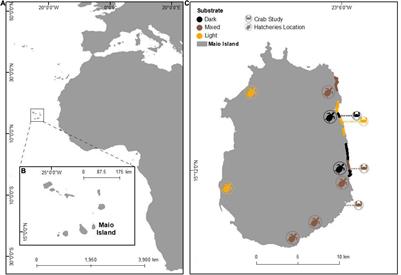
ORIGINAL RESEARCH
Published on 15 Mar 2022
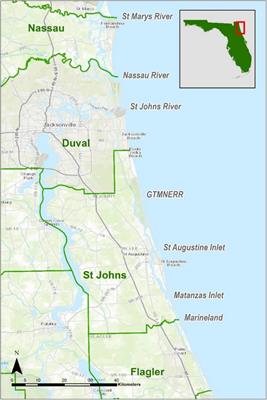
ORIGINAL RESEARCH
Published on 15 Mar 2022
